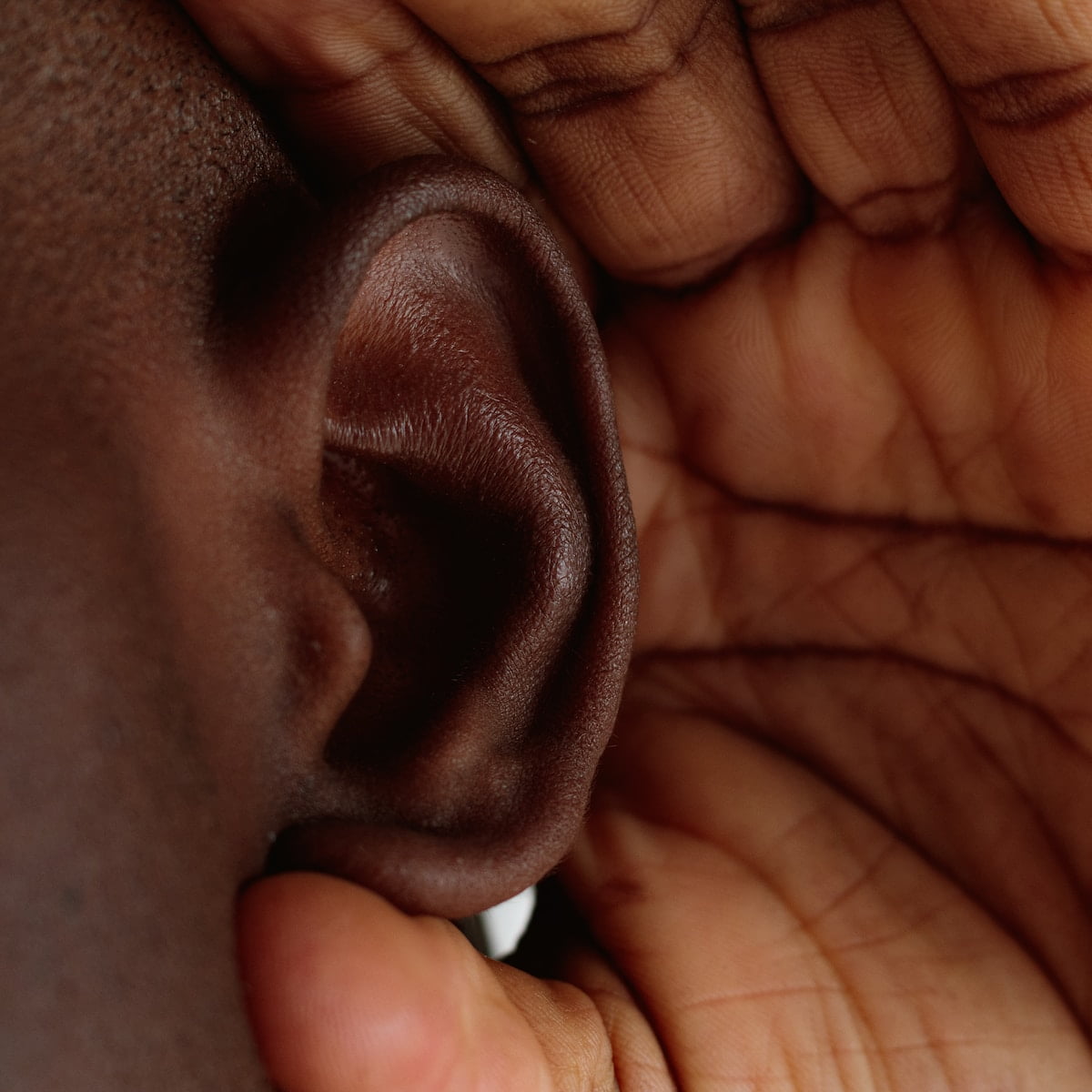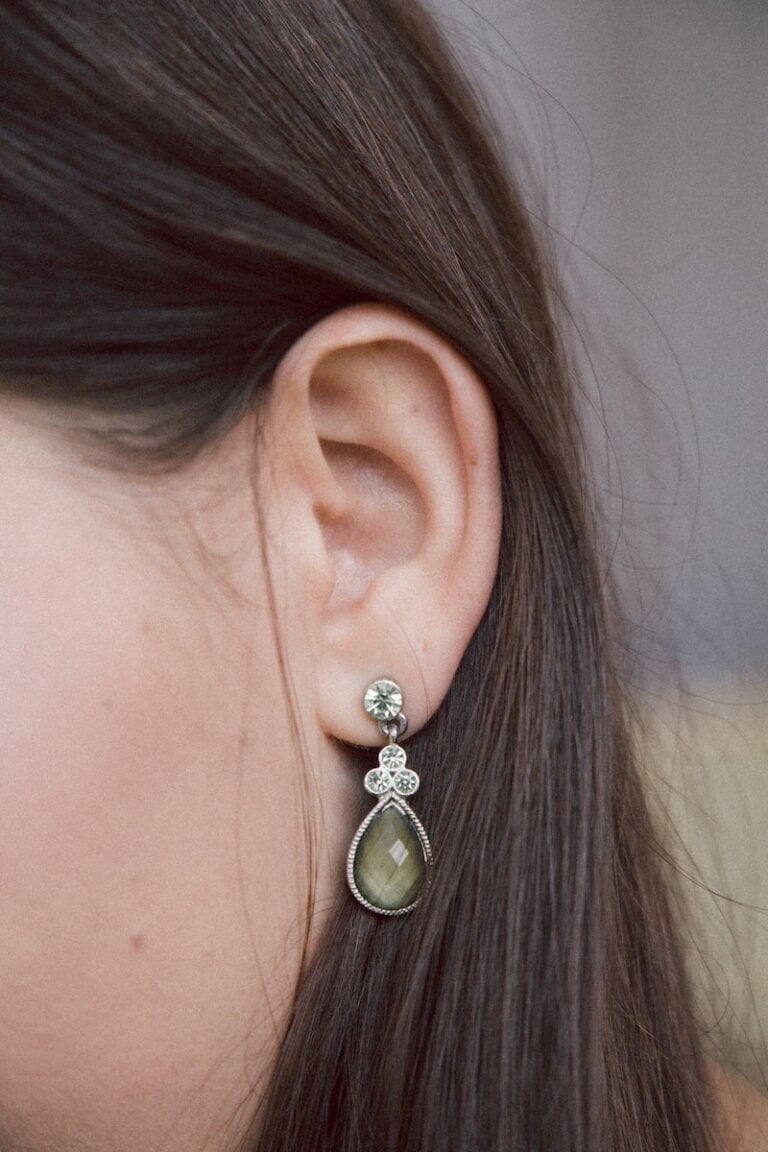Food for Thought: Incorporating Nutrients for Optimal Ear Health
Last Updated on 25th April 2024 by Admin
Our ears play a crucial role in our daily lives, allowing us to communicate, enjoy music, and stay aware of our surroundings. However, many people overlook the importance of taking care of their ear health. While regular check-ups with a healthcare professional are essential, incorporating the right nutrients into our diet can also contribute to optimal ear health. In this article, we will explore various nutrients that can positively impact our ears and the foods that contain them.
The Role of Nutrition in Ear Health
Proper nutrition plays a vital role in maintaining ear health. Our ears contain delicate structures, including hair cells and tiny blood vessels, which require proper nourishment to function optimally. A healthy diet rich in essential nutrients can support these structures, reduce the risk of ear infections, enhance auditory function, and prevent age-related hearing loss.
Benefits of a Healthy Diet for Ear Health
-
Supporting Hair Cells: Hair cells in the inner ear are responsible for converting sound waves into electrical signals that the brain can interpret. A diet rich in nutrients, such as omega-3 fatty acids and antioxidants, can help nourish these hair cells, ensuring their optimal function.
-
Reducing Inflammation: Inflammation in the ears can lead to various ear problems, including infections and hearing loss. Antioxidants, found in fruits, vegetables, and nuts, help combat inflammation and promote a healthy environment within the ears.
-
Preventing Hearing Loss: Age-related hearing loss is a common concern as we grow older. Vitamin D and vitamin C have been shown to play a role in preserving hearing health and reducing the risk of age-related hearing loss.
Omega-3 Fatty Acids
Omega-3 fatty acids are essential for our overall health, and they also contribute to optimal ear health. These fatty acids are known to possess anti-inflammatory properties that can help reduce the risk of ear infections and maintain the health of the delicate structures in our ears. Incorporating foods high in omega-3 fatty acids into our diet is a great way to support ear health.
Benefits of Omega-3 Fatty Acids for Ear Health
-
Anti-Inflammatory Effects: Omega-3 fatty acids, particularly EPA and DHA, have been shown to reduce inflammation in the body, including the ears. By reducing inflammation, these fatty acids can help alleviate symptoms associated with ear infections and protect against long-term damage.
-
Nourishing Hair Cells: The hair cells in our ears play a crucial role in detecting and transmitting sound. Omega-3 fatty acids support the health and function of these hair cells, ensuring optimal hearing.
-
Improving Blood Flow: Proper blood flow to the ears is essential for delivering necessary nutrients and oxygen. Omega-3 fatty acids help promote healthy blood circulation, supporting the overall health of the ears.
Foods rich in omega-3 fatty acids include:
-
Fatty fish like salmon, mackerel, and sardines: These cold-water fish are excellent sources of EPA and DHA, the two primary types of omega-3 fatty acids.
-
Flaxseeds and chia seeds: These plant-based sources of omega-3 fatty acids are suitable for vegetarians and vegans.
-
Walnuts: Walnuts are a convenient and delicious source of omega-3 fatty acids that can easily be incorporated into meals and snacks.
-
Soybeans and tofu: For individuals following a plant-based diet, soy products like soybeans and tofu provide omega-3 fatty acids along with other essential nutrients.
Antioxidants
Antioxidants play a crucial role in protecting our bodies from free radicals, which can cause cellular damage and inflammation. Inflammation in the ears can lead to various ear problems, including infections and hearing loss. Including antioxidant-rich foods in our diet can help reduce inflammation and maintain optimal ear health.
Benefits of Antioxidants for Ear Health
-
Combating Free Radicals: Free radicals are unstable molecules that can damage cells in the body, including those in the ears. Antioxidants neutralize free radicals, reducing the risk of cellular damage and inflammation.
-
Protecting Against Infections: Antioxidants have immune-boosting properties that can help fend off infections in the ears. By strengthening the immune system, antioxidants contribute to the body’s ability to fight off harmful bacteria and viruses.
-
Preserving Hearing Health: Age-related hearing loss is often associated with oxidative stress. Antioxidants help counteract oxidative stress, protecting against age-related hearing loss and preserving hearing health.
Foods high in antioxidants include:
-
Berries such as blueberries, strawberries, and raspberries: These fruits are packed with antioxidants, particularly flavonoids, which have been shown to benefit ear health.
-
Dark leafy greens like spinach and kale: These vegetables are rich in antioxidants, including vitamins A and C, which help protect against cellular damage in the ears.
-
Nuts and seeds: Almonds, pecans, and sunflower seeds are examples of nuts and seeds that contain antioxidants, providing an easy and convenient snack option for ear health.
-
Green tea: Known for its high concentration of antioxidants, green tea offers numerous health benefits, including supporting ear health.
-
Citrus fruits such as oranges and grapefruits: Citrus fruits are excellent sources of vitamin C, a powerful antioxidant that helps boost the immune system and protect against ear infections.
Vitamin D
Vitamin D is not only essential for bone health but also plays a role in maintaining the health of our ears. Studies have shown that vitamin D deficiency may be associated with an increased risk of hearing loss. Including vitamin D-rich foods in our diet can help prevent this deficiency and support optimal ear health.
Benefits of Vitamin D for Ear Health
-
Reducing the Risk of Hearing Loss: Adequate levels of vitamin D have been linked to a lower risk of hearing loss, particularly in older adults. Vitamin D helps maintain the health of the delicate structures in the ears and supports optimal hearing function.
-
Supporting the Immune System: Vitamin D plays a crucial role in modulating the immune system, which is essential for preventing and fighting off ear infections. A strong immune system contributes to overall ear health.
Foods rich in vitamin D include:
-
Fatty fish like salmon and trout: These fish are not only excellent sources of omega-3 fatty acids but also provide significant amounts of vitamin D.
-
Fortified dairy products: Many dairy products, such as milk and yogurt, are fortified with vitamin D to help individuals meet their daily requirements.
-
Egg yolks: Egg yolks contain small amounts of vitamin D, making them a valuable addition to a vitamin D-rich diet.
-
Mushrooms: Some types of mushrooms, such as shiitake and maitake mushrooms, can naturally produce vitamin D when exposed to sunlight or UV light during growth.
Zinc
Zinc is a mineral that plays a vital role in supporting our immune system and promoting wound healing. It also contributes to ear health by preventing ear infections and reducing the severity and duration of common cold symptoms, which can often affect the ears.
Benefits of Zinc for Ear Health
-
Preventing Ear Infections: Zinc helps boost the immune system and supports the body’s ability to fight off bacteria and viruses that can cause ear infections. Adequate zinc levels can reduce the risk of developing painful and recurrent ear infections.
-
Alleviating Cold Symptoms: Zinc has been shown to have antiviral properties and may help reduce the severity and duration of cold symptoms. By managing cold symptoms, zinc indirectly contributes to ear health by minimizing the impact of viral infections on the ears.
Foods rich in zinc include:
-
Shellfish like oysters, crabs, and mussels: These seafood options are among the best sources of zinc.
-
Lean meats like beef and pork: Animal-based foods, such as beef and pork, provide zinc in a highly absorbable form.
-
Legumes such as chickpeas and lentils: Legumes are a plant-based source of zinc, making them suitable for individuals following a vegetarian or vegan diet.
-
Seeds like pumpkin and sesame seeds: These seeds not only offer a good amount of zinc but also provide other beneficial nutrients for overall health.
Vitamin C
Vitamin C is well-known for its immune-boosting properties, but it also plays a role in maintaining optimal ear health. It can help prevent ear infections and reduce the risk of hearing loss associated with aging.
Benefits of Vitamin C for Ear Health
-
Boosting the Immune System: Vitamin C helps strengthen the immune system, making it more efficient at fighting off infections, including those that can affect the ears.
-
Enhancing Collagen Production: Collagen is a protein that provides structure to various tissues in the body, including those in the ears. Vitamin C plays a crucial role in collagen synthesis, ensuring the integrity and health of these tissues.
Foods high in vitamin C include:
-
Citrus fruits such as oranges, lemons, and grapefruits: These fruits are well-known for their high vitamin C content and make refreshing additions to a healthy diet.
-
Bell peppers: Bell peppers, particularly the red and yellow varieties, contain significant amounts of vitamin C, along with other beneficial nutrients.
-
Strawberries: These sweet berries are not only delicious but also provide a good dose of vitamin C.
-
Kiwi fruit: Kiwi fruit is packed with vitamin C and also offers fiber and other essential nutrients.
-
Tomatoes: Tomatoes are versatile and can be easily incorporated into various dishes to boost vitamin C intake.
Other Considerations
In addition to incorporating these specific nutrients into our diet, there are a few other considerations to keep in mind for optimal ear health:
-
Avoid exposure to loud noises: Prolonged exposure to loud noises can damage our ears and lead to hearing loss. Use ear protection, such as earplugs or earmuffs, in noisy environments.
-
Maintain good hygiene: Clean your ears gently using a damp cloth or cotton swab. Avoid inserting anything into the ear canal, as it can cause injury or push earwax deeper.
-
Stay hydrated: Drinking an adequate amount of water helps maintain overall health, including the health of our ears. Proper hydration can prevent dryness and support the proper function of our ears.
-
Avoid smoking: Smoking can negatively impact ear health by causing inflammation and reducing blood circulation to the ears. Quitting smoking or avoiding exposure to secondhand smoke can significantly benefit your ear health.
By incorporating these nutrients into our diet and following these additional considerations, we can make significant strides in promoting optimal ear health. Remember, it’s essential to consult with a healthcare professional for personalized advice and guidance on maintaining ear health.
Note: This article is intended for informational purposes only and should not replace professional medical advice.
FAQ
- Why is nutrition important for ear health?
- Proper nutrition is important for ear health because our ears contain delicate structures that require proper nourishment to function optimally. A healthy diet rich in essential nutrients can support these structures, reduce the risk of ear infections, enhance auditory function, and prevent age-related hearing loss.
- What are the benefits of omega-3 fatty acids for ear health?
- Omega-3 fatty acids have anti-inflammatory effects, nourish hair cells in the ears, and improve blood flow to the ears. They can help reduce inflammation, alleviate symptoms associated with ear infections, and support optimal hearing.
- How do antioxidants contribute to ear health?
- Antioxidants combat free radicals, protect against infections, and preserve hearing health. They neutralize free radicals, strengthen the immune system, and counteract oxidative stress, reducing the risk of cellular damage and inflammation in the ears.
- What role does vitamin D play in ear health?
- Vitamin D helps reduce the risk of hearing loss, particularly in older adults. It maintains the health of the delicate structures in the ears and supports optimal hearing function. Vitamin D also plays a crucial role in modulating the immune system, which is essential for preventing and fighting off ear infections.







